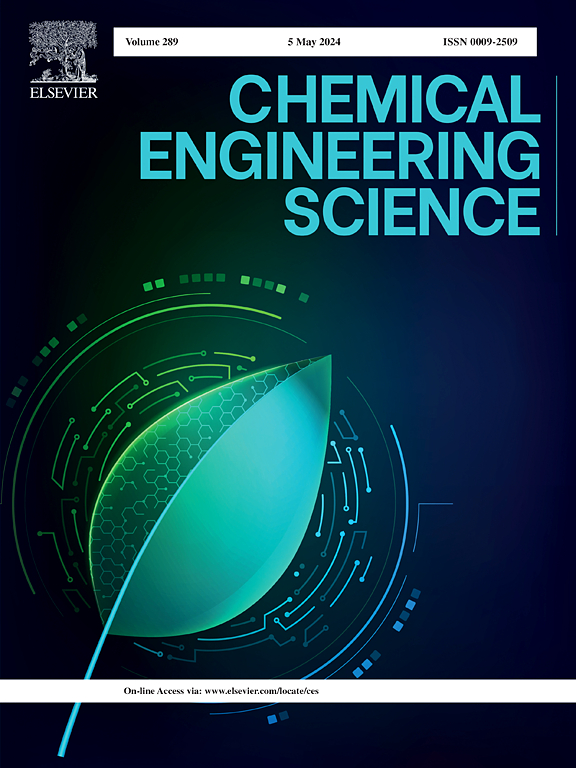A modular transfer learning approach for complex chemical process network modeling
IF 4.3
2区 工程技术
Q2 ENGINEERING, CHEMICAL
引用次数: 0
Abstract
Traditional first-principles modeling often struggles to capture complex interactions in chemical process networks, while machine learning methods require large datasets, which are often unavailable. To address these issues, we propose a modular transfer learning framework that integrates modules developed for individual processes into a global model for the entire process network. Three types of modules are used: black-box neural networks for processes with sufficient data, a foundation module based on the reptile method for data-limited cases, and a first-principles module for processes where the physicochemical phenomena are well understood. These modules are integrated using an aggregation module to capture the nonlinear dynamics and complex interactions within the process network. The effectiveness of the proposed approach is demonstrated on a polymer production process modeled in Aspen Plus Dynamics, where it significantly outperforms conventional fully-connected neural network models in accuracy, flexibility, and computational efficiency.
复杂化工过程网络建模的模块化迁移学习方法
传统的第一原理建模往往难以捕捉化学过程网络中的复杂相互作用,而机器学习方法需要大量数据集,而这些数据集通常是不可用的。为了解决这些问题,我们提出了一个模块化的迁移学习框架,该框架将为单个过程开发的模块集成到整个过程网络的全局模型中。使用了三种类型的模块:黑箱神经网络用于具有足够数据的过程,基于爬行方法的基础模块用于数据有限的情况,以及用于物理化学现象被很好理解的过程的第一原理模块。这些模块使用聚合模块集成,以捕获过程网络中的非线性动态和复杂的相互作用。该方法的有效性在Aspen Plus Dynamics的聚合物生产过程中得到了验证,在准确性、灵活性和计算效率方面,该方法明显优于传统的全连接神经网络模型。
本文章由计算机程序翻译,如有差异,请以英文原文为准。
求助全文
约1分钟内获得全文
求助全文
来源期刊

Chemical Engineering Science
工程技术-工程:化工
CiteScore
7.50
自引率
8.50%
发文量
1025
审稿时长
50 days
期刊介绍:
Chemical engineering enables the transformation of natural resources and energy into useful products for society. It draws on and applies natural sciences, mathematics and economics, and has developed fundamental engineering science that underpins the discipline.
Chemical Engineering Science (CES) has been publishing papers on the fundamentals of chemical engineering since 1951. CES is the platform where the most significant advances in the discipline have ever since been published. Chemical Engineering Science has accompanied and sustained chemical engineering through its development into the vibrant and broad scientific discipline it is today.
 求助内容:
求助内容: 应助结果提醒方式:
应助结果提醒方式:


